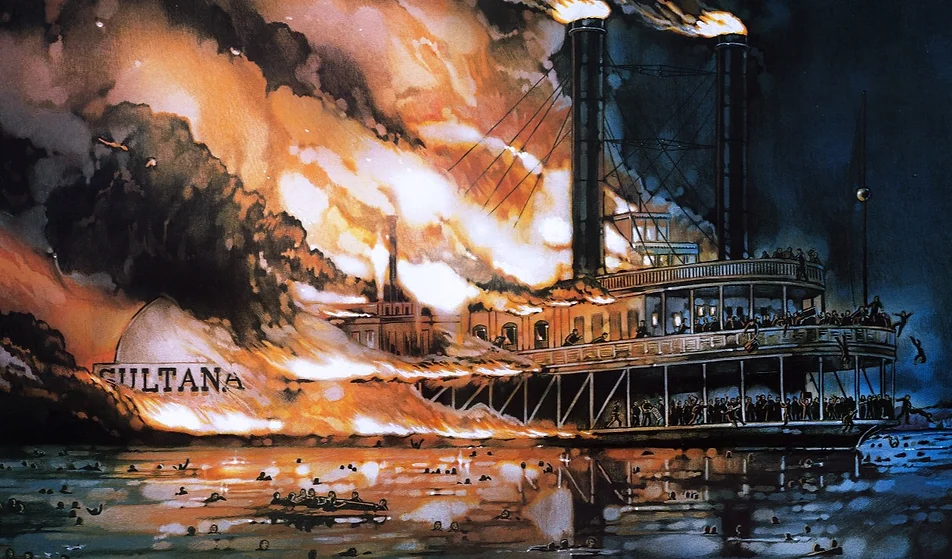By Dr. Curtis Varnell
The huge steamboat steamed upstream against the powerful current of the Mississippi River. It was mid-April and the spring rains had fueled a torrent of muddy, brown water which overflowed the banks and forced the three large steam boilers to toil to make headway. Making the task even more difficult, the 250-foot long boat, designed to carry 376 passengers, teemed with over 2,200 passengers- most recently released union prisoners from the notorious Andersonville POW camp.
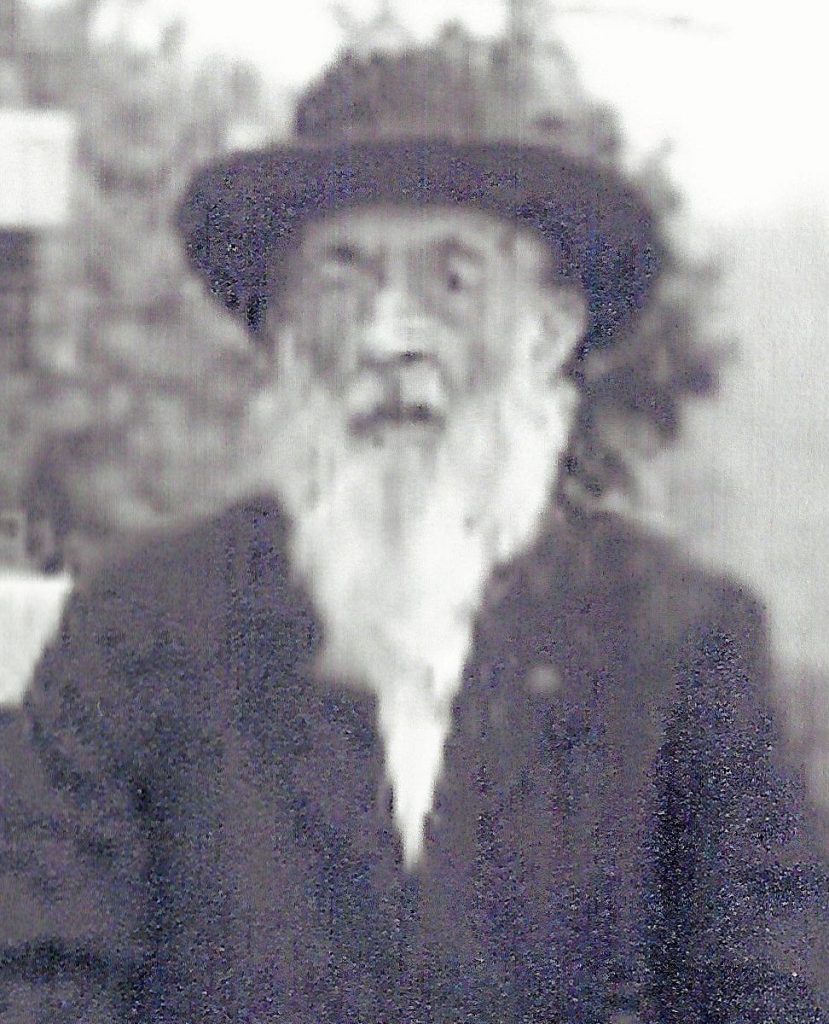

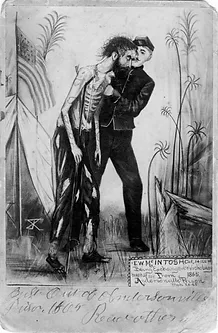
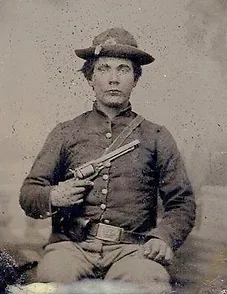
Boat captain James Mason and the chief quartermaster Reuben Hatch devised an unscrupulous plan to transport the released Union soldier’s north for a fee of five for enlisted and ten dollars for officers. The men, eager to get home, piled onto the boat at Vicksburg. The ship was so overloaded, passengers were assigned a spot and told to remain in that location. Stopping at Helena early on April 26, several passengers flocked to one side to get a glimpse of the town and nearly capsized the boat. The only known photo of the boat was taken by a resident of Helena, noting the huge numbers of men lining the deck.
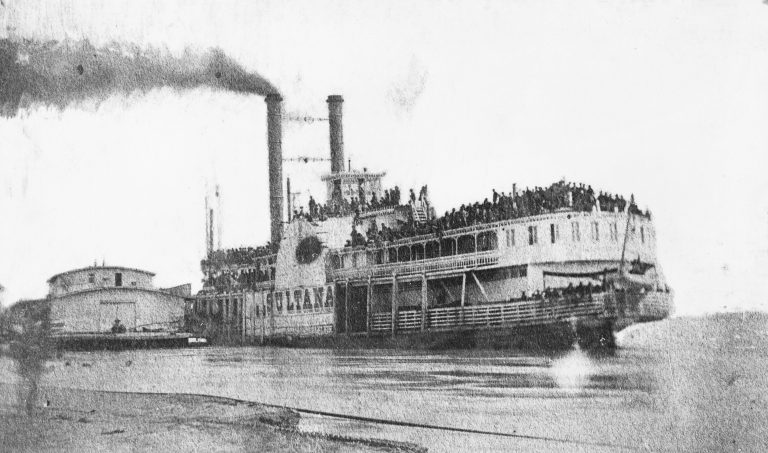
Later in the day, the Sultana stopped at Memphis and unloaded a large amount of sugar that was being transported in the hold. Rather than making the task easier on the boat, it was possibly the fatal mistake as it removed ballast and caused the boat to list back and forth more rapidly.
Leaving Memphis, the boat steamed north. Around 2 AM and at full-steam, the boat listed and the boilers exploded. Instant chaos developed on board. Hundreds were killed by the initial burst of boilers and the subsequent release of super-heated steam. Others were thrown from the boat into the icy waters where they quickly died from exposure. Estimated number of deaths from the sinking of the boat range from 1,300-1,800 soldiers and passengers. Survivors, scarred for life from severe burns and horrific memories, floated on jetsam and debris until help could arrive. Many drifted downstream seven miles, carried by rapid currents, until fished out of the river the next day near Memphis.
Alfred Varnell and his brother were fortunate. Non-officers, they were sleeping on deck when the explosion occurred and were able to escape. Alfred was badly burned and lost one ear. He suffered from his injuries the rest of his life. He was my GGG-great uncle.
Seth and Hanna Hardin, newly-wed passengers returning from their honeymoon, survived the blast and leaped from the boat together only to be separated when hitting the water. Seth survived but Hanna’s body was never recovered. Pvt. Commodore Smith describes the horror of being awakened by the explosion only to find himself buried under parts of human bodies and debris from the upper decks. The boat was on fire and hundreds were drowning in the waters below. Prayers and cries for help drifted up to him but there was little he could do. He threw every scrap of planking and floatable material into the water to help those in need only to see many of them sink below the surface. A good swimmer, he leaped overboard and clung to the top of a submerged cottonwood tree until rescued hours later.
Private Davenport of the 7th Tennessee Cavalry described much the same scenario, awakening as pieces of timber smashed down and killed his comrades, one sleeping on the left of him, the other on the right. Others described falling into the frigid water and frantically clinging to every available piece of wood. Perhaps it was best described by Pvt. Eppenetus McIntosh, “During my prison life I suffered agonies untold. Tongue cannot tell it all, but this awful struggle for life in the waters was above all else I ever endured.” It should be noted that Mr. McIntosh survived Andersonville. When captured, he weighed 175 pounds but weighed 80 pounds when rescued, yet his worst moment was the sinking of the Sultana.
Occurring only a few weeks after the ending of the war and during the mourning period due to the assassination of President Lincoln, the explosion of the Sultana was not covered as extensively as would be normal. Many, even in Arkansas, have never heard of the story. A few years ago, during a drought, the bones and remains of the steamboat were uncovered near Marion, Arkansas. The Sultana Museum, located in Marion, is a testament and memorial to this forgotten tragedy. With possibly more lives lost than in the sinking of the Titanic, the forgotten story of the Sultana is the worst maritime disaster in the history of the U.S.

